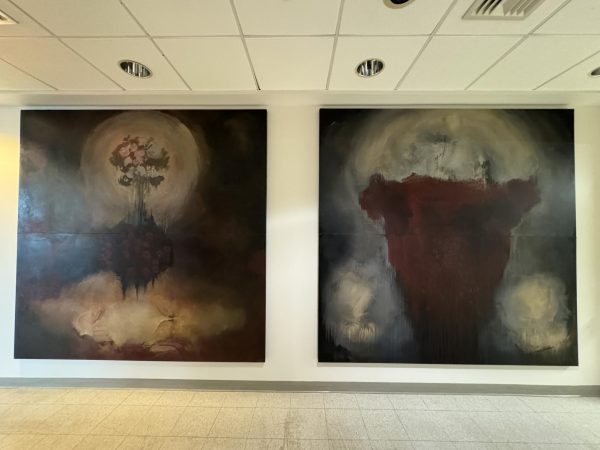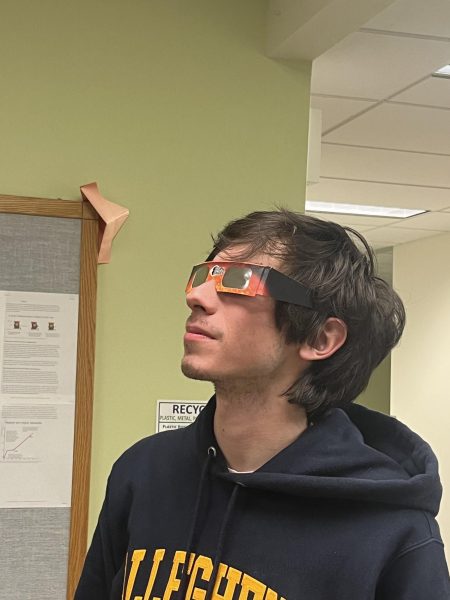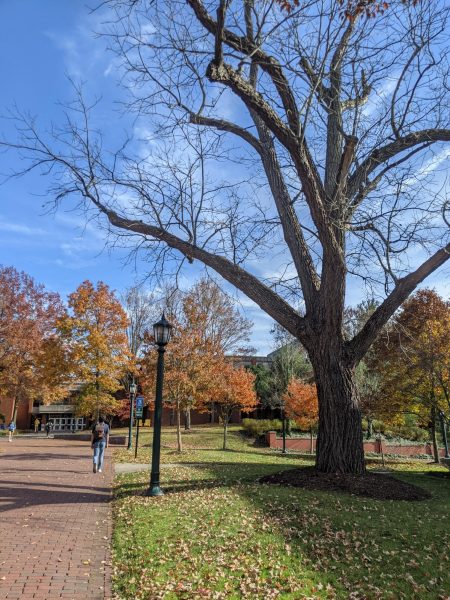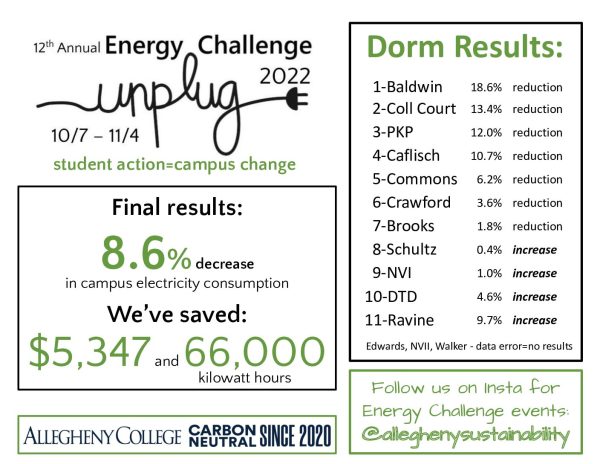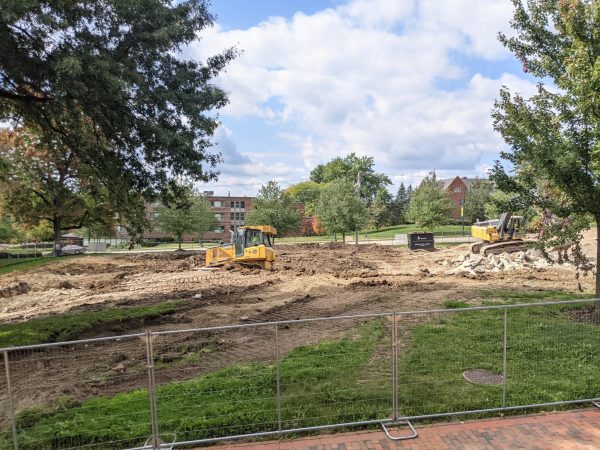Advisers stress the importance of experience
Science majors at Allegheny College are offered a wide range of opportunities to gain experience as undergraduates. Various postgraduate fields require experience either through research or internships for a successful career.
Jim Fitch, director of career education, stresses the importance of internships and its influence on a student’s future. He said students can also gain great experience by practicing research. A major benefit of research is the opportunity to practically apply and use skills learned in a classroom.
“From the core of my being I believe that internships are important for all students,” said Fitch. “I know employers want to see more than strong academics.”
Fitch emphasized that many internships offered through Allegheny are well funded by the National Science Foundation. This organization provides Research Experience for Undergraduates. It’s webpage provides an overview of a variety of internships affiliated with science programs at Allegheny.
“Each one of those opportunities will bring in roughly ten students,” said Fitch. “Each one will come roughly with a $8,000 funding package.”
The experience students gain in research internships is beneficial when it comes to applying for graduate programs, according to Fitch.
Jordan Ermentrout, ’16, a chemistry major and music performance minor, worked in a research laboratory in Tennessee for a summer. It was a 10-week paid program with housing and food provided. Ermentrout said he made a lot of beneficial connections and learned a lot.
“I can absolutely recommend it,” said Ermentrout.
Kirsten Peterson, adviser of Pre-Health Professions, said that to be taken seriously in the world of business, students are expected to have spent some time in their respective field.
“There is really an expectation on the part of the professional schools, medical schools and other health professional schools that students are going to have experience,” Peterson said.
Peterson advised that students should consider taking internships early within their career at Allegheny. This allows the possibility to complete several during their academic career, which can help when it comes to making an early decision about future career plans.
“Get as much experience as you can,” said Peterson. “Sometimes you have to do a summer of each [field] to decide.”
Pre-Health Professions works closely with alumni. One option it gives students is a three-week experiential learning situation, according to Peterson. Allegheny alumni use their personal experience to teach students practical things a medical graduate would need in a future career. In these three weeks students are given an authentic inside view into working life. Depending on their field of study, students can observe a variety of fields and situations. Examples include watching surgeries or learning about heartbeat listening.
“It gives you a good outlook on what is going on,” said Peterson.
If there is an alumni in a student’s hometown, it gives students the opportunity to balance spending summer with family and gaining necessary experience.
Alice Deckert, professor of chemistry and biochemistry department chair, said that internships are different between research and pre-health fields. Students in research work in big laboratories rather than following around professional employees.
“They get a sense of the differences of environment and different lab cultures” said Deckert. “This is really helpful for the decision about what to do after Allegheny.”
Peterson advises students to work to find out what they really enjoy, whether it is to work in a lab or to explore other options.
Fitch stressed the importance of experience for students, not just in regard to postgraduate expectations but in helping students figure out what they want to do.
“It gives an opportunity for the science major to try out both worlds and think about where do I want to be,” said Fitch.



